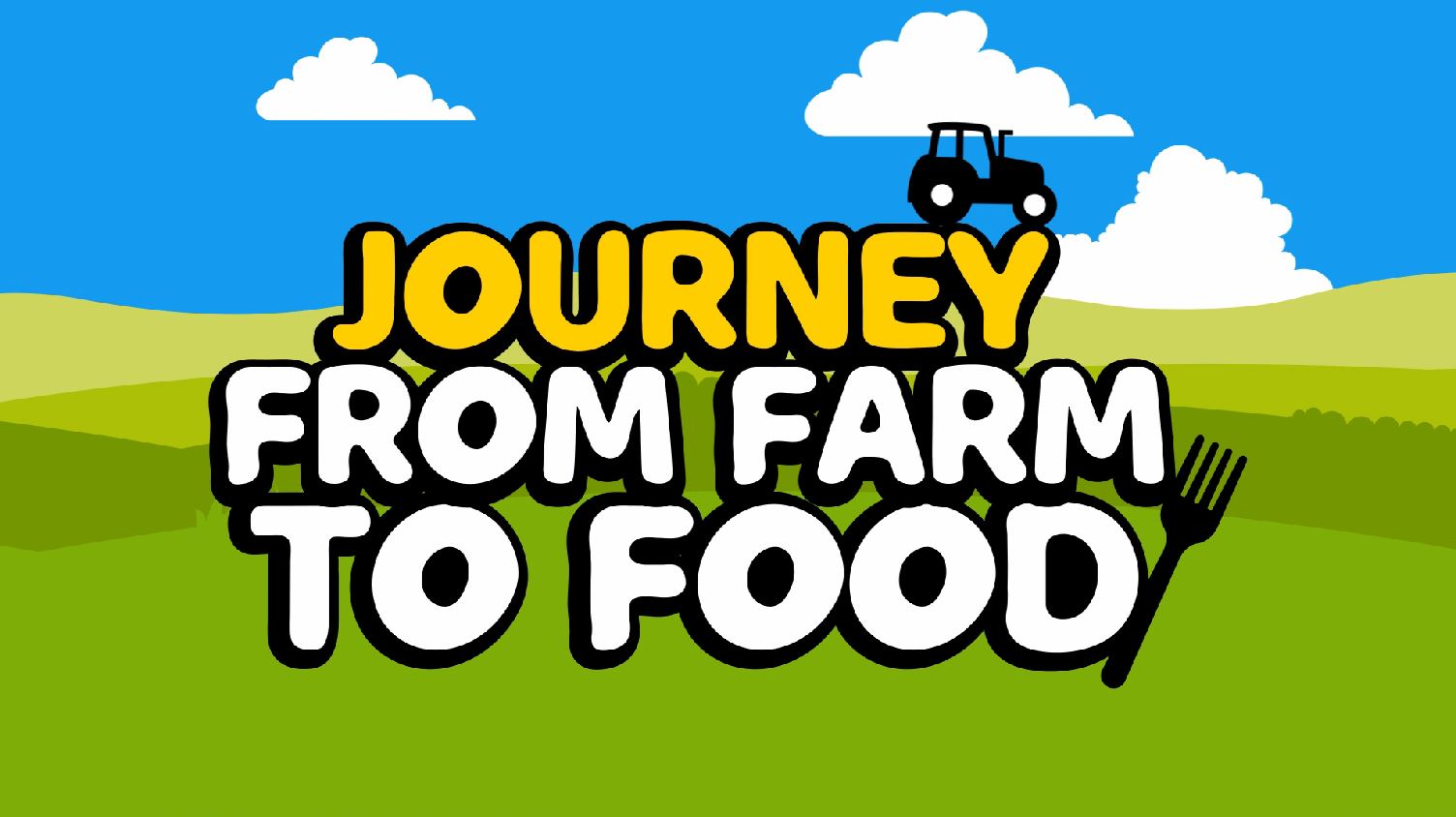Bio-reducer
Bio-reduction as a method of on-farm containment prior to disposal of fallen stock
The EU Animal By-Products Regulation which controls the disposal of fallen stock has raised concern within the livestock industry on both economic and environmental grounds. Bio-reduction has been proposed as an alternative method for storing (and potentially disposing of) fallen stock but there is currently a lack of scientific evidence to support its use. Before an alternative disposal method can be introduced the EU requires satisfactory information on the following criteria;
- The identification and characterisation of the risk materials to be disposed of
- The TSE risk reduction by the particular process
- The degree of risk containment
- The identification of interdependent processes e.g installation
procedure, the need to add water, heat requirement and disposal of the end product - The intended end-use of the product.
HCC and the Welsh Government have funded a project at Bangor University to evaluate the efficacy and environmental compliance of in-vessel bio-reduction as a fallen stock containment/on-farm storage system for farmers prior to incineration. The system was also evaluated as a novel method of disposal for fallen stock. The main criteria for assessing the success of the system are;
- That it provides a secure method of on-farm storage for fallen stock prior to disposal via an approved operator.
- That it provides a degree of treatment without increasing any biological or chemical risk, i.e. pathogen loads are reduced, harmful gases are not expelled and the final product is non-hazardous and therefore suitable for bio-secure removal and treatment/disposal.
Following the success of this project the results were presented to the EU and representatives from the Welsh Government secured a compromise on the regulations regarding fallen stock which allows on farm containment prior to disposal.
Phase 2 of the project has now been completed and adds further validity to the use of bio-reducers as a method of on-farm containment.
To view the final report, click here
The evidence from these projects has been submitted to the EU and the industry now awaits a decision on whether bio-reducers can be used as an on-farm method of containment of fallen stock.


